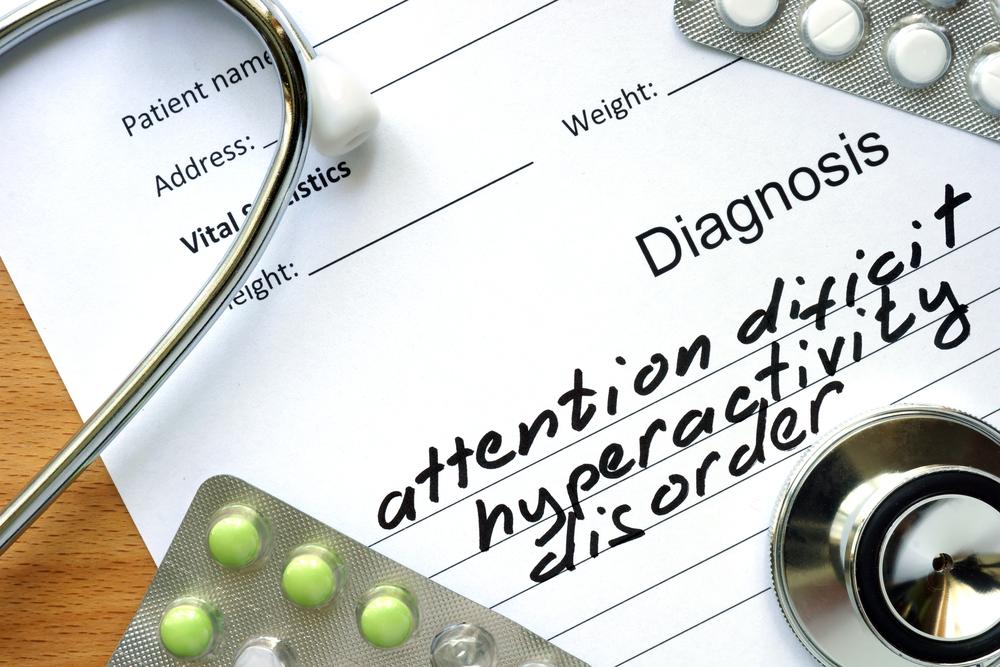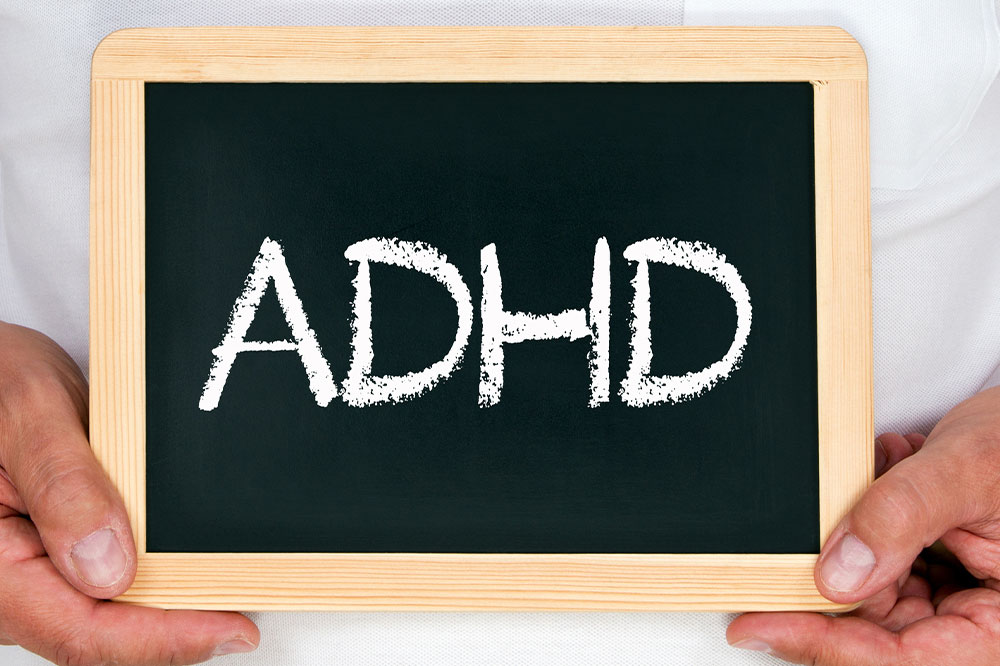Effective Approaches to Managing ADHD: Strategies, Treatments, and Support Options
This comprehensive guide explores effective strategies for managing ADHD through therapies, medications, educational support, and lifestyle changes. Tailored approaches help individuals reduce symptoms, improve social skills, and enhance daily functioning. Emphasizing ongoing management, the article highlights the importance of personalized treatment plans for children and adults with ADHD to live healthier, more balanced lives.

Effective Approaches to Managing ADHD: Strategies, Treatments, and Support Options
Attention Deficit Hyperactivity Disorder (ADHD) is a complex neurodevelopmental condition that impacts millions worldwide, affecting behavior, attention span, and impulse control. Managing ADHD effectively requires a comprehensive approach that incorporates various therapeutic, educational, and medical interventions tailored to individual needs. The goal is to reduce symptoms, improve functioning, and enhance quality of life. In this detailed guide, we will explore the most effective strategies and treatment options available for managing ADHD, including behavioral therapies, medication, educational support, and lifestyle modifications, ensuring a well-rounded understanding for patients, parents, educators, and healthcare providers.
ADHD management strategies are diverse and should be personalized, considering factors such as age, severity, comorbid conditions, and individual preferences. Combining multiple methods often yields the best outcomes. These strategies are categorized into psychological and behavioral therapies, medication management, educational accommodations, and supportive practices that foster skills development and emotional regulation.
Parent coaching
ADHD education
Academic accommodations
Behavioral counseling
Therapeutic support
Skill development programs
Medication management
Each of these components plays a vital role in a holistic ADHD treatment plan, helping individuals cope better with their symptoms, build resilience, and thrive academically, socially, and emotionally.
Therapeutic Approaches for ADHD
Therapeutic interventions are a cornerstone of ADHD management, offering both children and adults tools to understand and control their behaviors. Different therapy techniques focus on specific objectives, such as social skills development, behavior modification, emotional regulation, and cognitive restructuring. When integrated with other approaches, therapy can significantly improve life quality for people with ADHD.
Social Skills Development — This approach employs role-playing, group activities, and social stories to help individuals understand social cues, develop communication skills, and foster positive relationships. It’s especially beneficial for children who struggle with peer interactions.
Behavioral Strategies — Utilizing reward systems, clear routines, and predictable consequences, behavioral therapy teaches children and adults to manage impulses and reduce disruptive behaviors. The active involvement of parents and teachers is crucial for consistent reinforcement of these strategies.
Educational Therapy — Focused on academic and emotional challenges, this therapy encourages open dialogues about thoughts and feelings, helping individuals develop self-awareness and positive coping skills. It often involves parent and caregiver participation to ensure support at home and school.
Consistency and patience are key in implementing therapeutic strategies. Over time, individuals often experience improved self-regulation, reduced behavioral issues, and enhanced interpersonal skills.
Medications: A Crucial Component of ADHD Treatment
Statistically, a significant percentage of individuals with ADHD respond well to medication, which can dramatically alleviate symptoms such as impulsivity, hyperactivity, and inattentiveness. Properly adjusted medication regimens can support effective learning, improve social interactions, and promote emotional stability.
The National Health Service (NHS) and other healthcare authorities endorse five main medications for ADHD treatment, which have been extensively studied and approved for safety and efficacy:
Guanfacine
Atomoxetine
Lisdexamfetamine
Dexamfetamine
Methylphenidate
These medications work through various mechanisms to enhance brain function related to attention, impulse control, and alertness. The choice of medication depends on age, individual health status, response to previous treatments, and potential side effects. Regular monitoring and dose adjustments are vital to maximize benefits and minimize adverse effects.
It's important to work closely with healthcare professionals to develop a personalized medication plan. Some individuals may experience side effects such as sleep disturbances, appetite suppression, or mood changes, which require careful management.
Complementary and Supportive Strategies
Besides therapy and medication, lifestyle modifications play a supportive role in ADHD management. Regular physical activity, nutritional awareness, adequate sleep, and stress reduction techniques can positively influence symptoms. Establishing structured routines and organizational systems helps individuals stay focused and reduces chaos in daily life.
Educational support is equally important. Schools often provide accommodations such as extended time for tests, seating arrangements to minimize distractions, and behavioral intervention plans. Collaboration between parents, teachers, and clinicians ensures a consistent and effective support network.
The Path Toward Better Management and Quality of Life
While ADHD does not have a cure, with ongoing treatment and support, individuals can lead productive, satisfying lives. Management is a continuous process that requires regular assessment, adjustment of strategies, and emotional support. Early diagnosis, combined with comprehensive treatment, offers the best chance to reduce symptoms and unlock personal potential.
In summary, managing ADHD is a multi-faceted journey that involves understanding the disorder, implementing evidence-based interventions, and fostering a supportive environment. With the right combination of therapies, medication, and lifestyle adaptations, individuals with ADHD can overcome challenges and thrive in their personal and professional lives.





